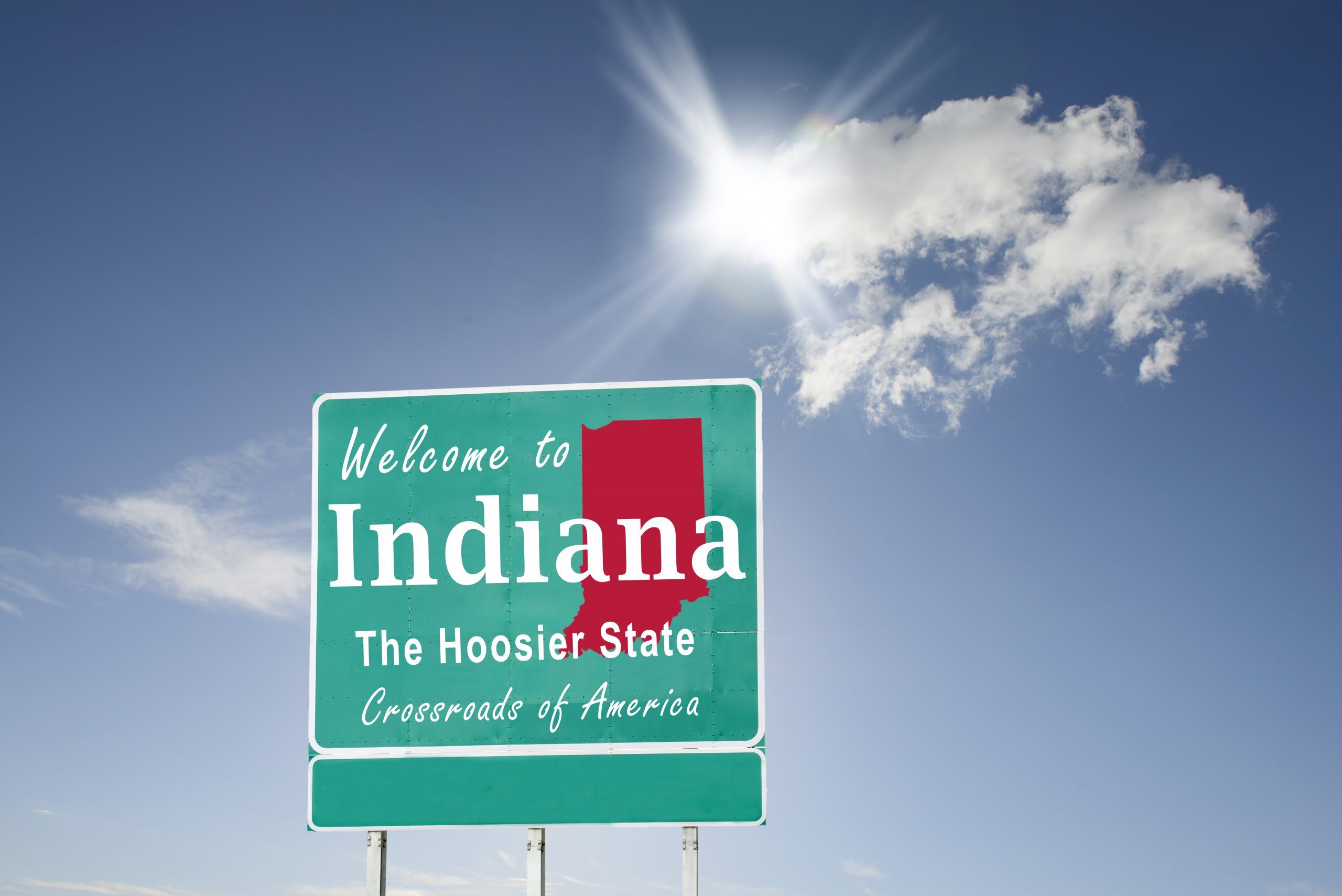
By: Pete Seat
For decades now, ever since Al Gore became synonymous with global warming, Republicans have mocked, ridiculed and sneered at prophesiers of “climate change.” Whether a heat wave or a cold spell, all were similarly dismissed as hocus pocus and Hogwartsian wizardry. But now, as polling suggests the Republican Party may be experiencing a reverse tractor beam pull with young voters turned off by the lack of climate seriousness, a new tune is being sung on Capitol Hill.
High-profile Congressmen such as Kevin McCarthy, Matt Gaetz and Dan Crenshaw, as well as Indiana’s very own Senator Mike Braun, names typically heard in the context of their steadfast support for President Donald Trump, are all expressing an appetite for engaging in a discussion about the climate and it is slowly taking Washington — and the Republican Party — by storm (no pun intended). In fact, Gaetz recently told the Washington Examiner that “climate denial is bad political strategy” and Braun last year co-founded the Senate Climate Solutions Caucus alongside Delaware Democrat Chris Coons.
Polling suggests their sense of urgency to act is not misguided. According to recently published data from Americans for Carbon Dividends, 4 in 10 Hoosiers are more concerned about the climate than they were at this time a year ago (only 10% are less concerned) and a full 6 in 10 say action is necessary.
To put a finer point on this: in only five of Indiana’s 92 counties did fewer than 50% of respondents agree that “global warming is happening,” and no less than 54% in any county believe “global warming will harm future generations.” This complementary data set came from a county-by-county survey conducted by the Yale Program on Climate Change Communication.
Think about how incredible those numbers are coming from deeply conservative Indiana (especially considering one survey used the phrase “global warming”) and then it becomes clear why the leaders of 10 Indiana College Republican chapters, as well as the state federation chairman, are urging our state’s Republican Congressional delegation to acknowledge the political reckoning taking place.
What these young Republicans pinpoint is the reality that the party must at the very least sit at the table and engage in a good faith discussion about what many, including our global partners, believe to be a deadly problem. Whether you agree with the dire predictions of floods, hurricanes and melting glaciers or not, the political reality will not change any time soon and the discussion cannot be entirely dominated by Alexandria Ocasio-Cortez and others.
And while there are multiple options on the table, including a plan to plant one trillion trees to help suck up carbon dioxide from the air, these young Republicans are gravitating toward a more comprehensive plan that leading economists say is economically sound — the aforementioned carbon dividends.
This idea, championed by two Republican elder statesmen in former Secretaries of State Jim Baker and George Shultz, would impose a $40-per-ton fee on fossil fuel companies emitting carbon into the atmosphere. But then it will do something novel. Rather than fill government coffers with cash, the assessed fees would be immediately returned to the American people on a quarterly basis, similar to a dividend producing stock.
The plan’s supporters argue this is a conservative approach to the issue. And again the numbers bear this out. Fifty-five percent of Hoosiers are in support of this particular solution, including 77% of Democrats, 54% of Independents and a whopping 66% of Republicans 45 years old and younger.
But here’s the real Republican hook in the plan: a border adjustment that would assess the same fee on foreign imports. This pillar alone garners support from 64% of Hoosiers because it would, in the words of the Americans for Carbon Dividends poll, “push other countries to adopt similar policies by charging foreign imports in the same way.”
How this conversation will play out is yet to be seen. But for the first time — perhaps ever — Republicans, driven by concrete polling and the voices of the next generation, are willing to throw some ideas on the table and have a debate. That’s progress.
Read the full article in the Northwest Indiana Times here.